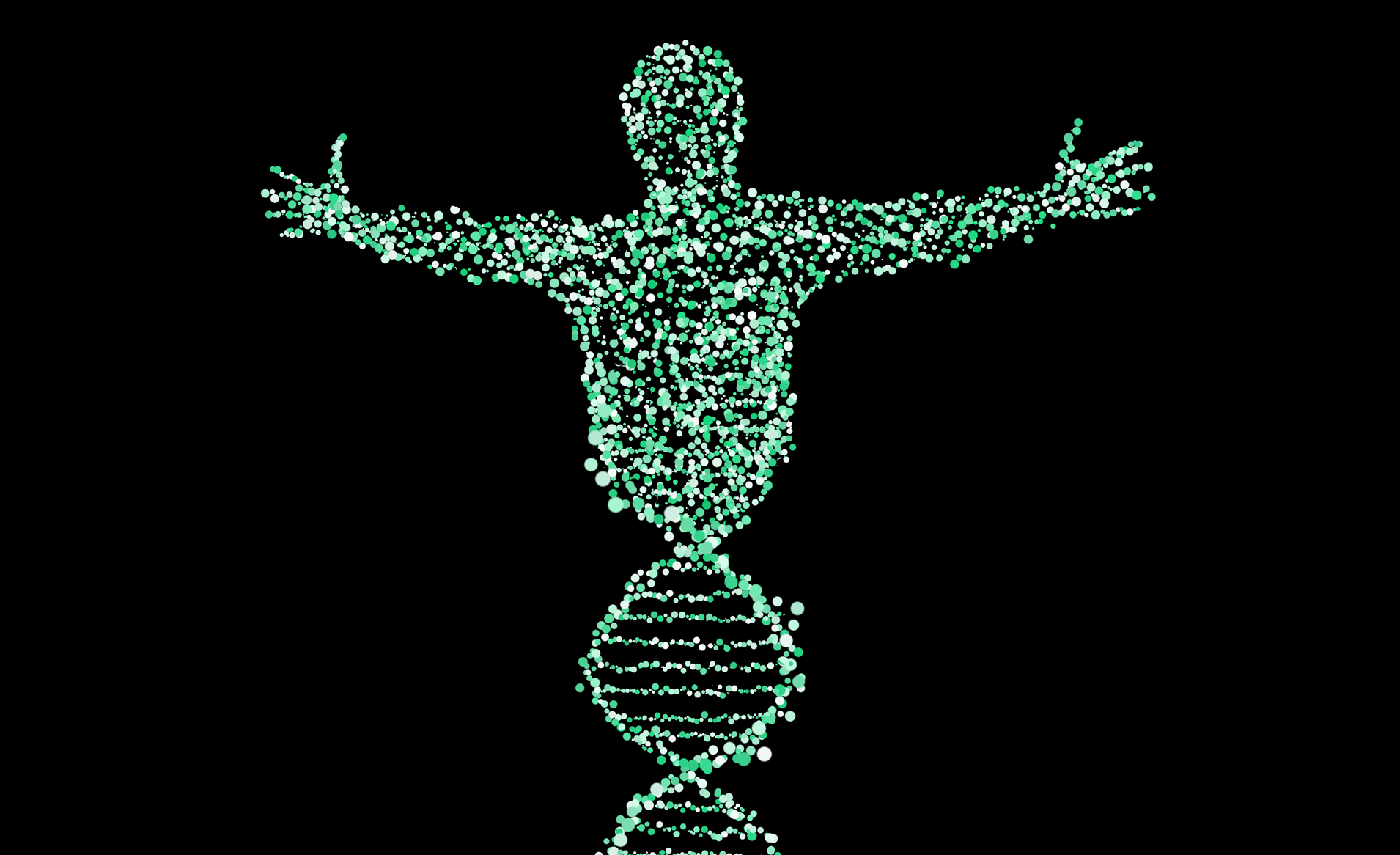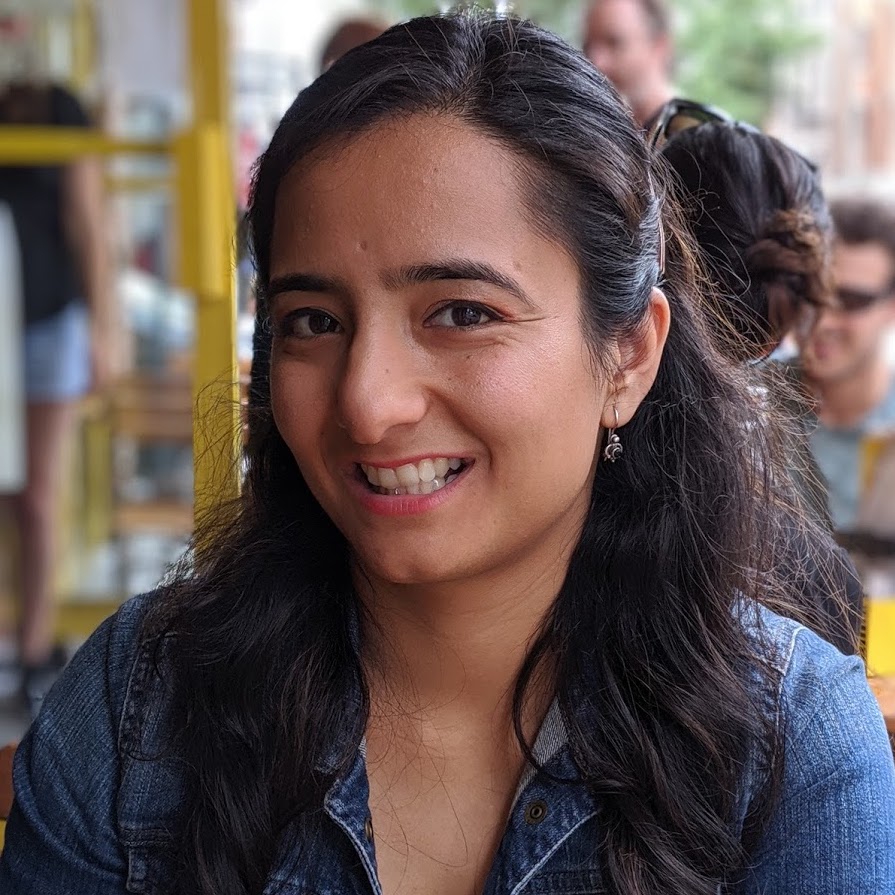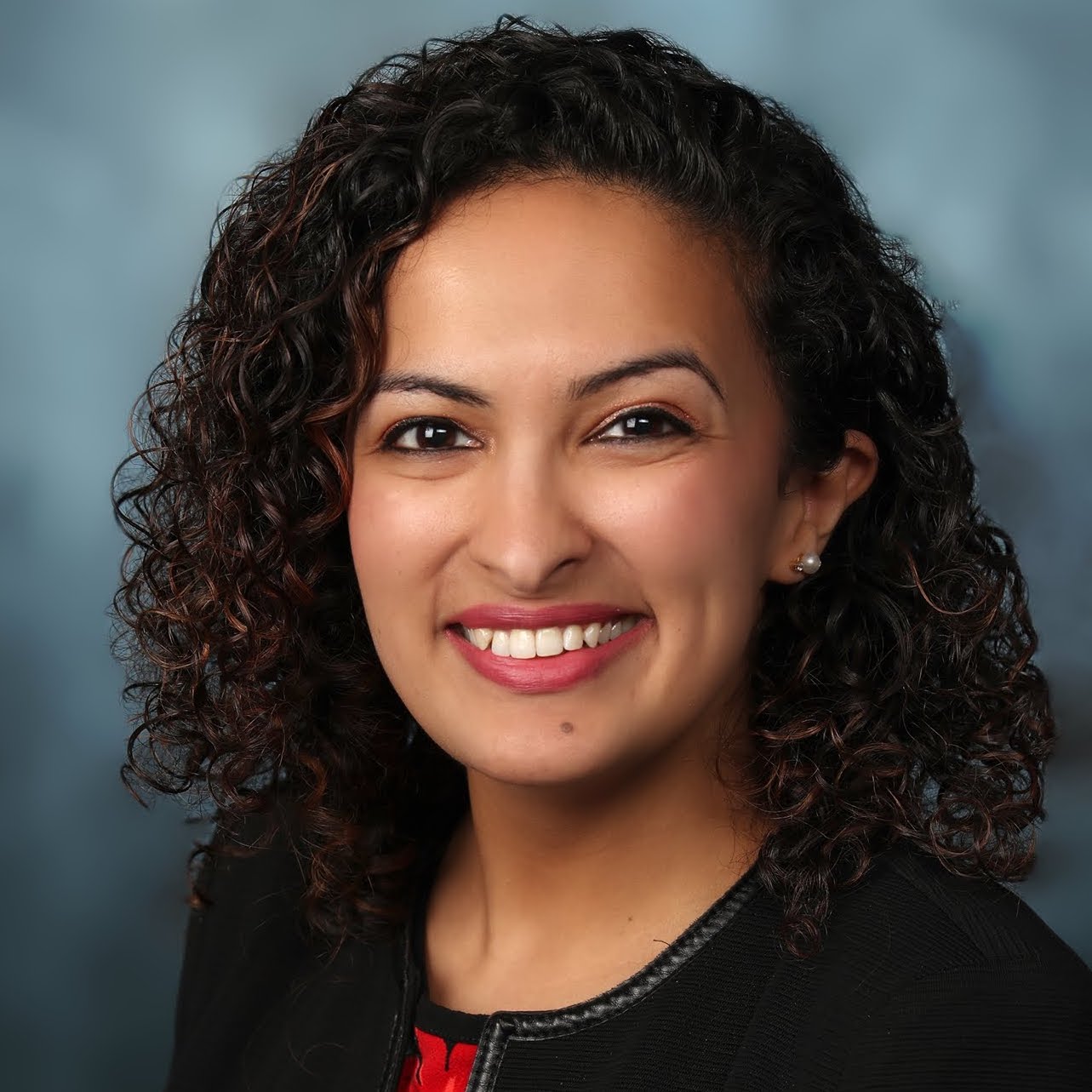Ep8 - What Makes Us Different and the Same, Genetic Variation
Posted on Tuesday, Jun 30, 2020
Show Notes
Arshi and Sabah talk about the monumental timeline of events that shed light on mutations and genetic variations - It all started with dbSNP, that houses millions of SNP information which was further validated by the HapMap project, documenting population frequencies and elaborating on different populations of our DNA, and then finally a study and a statistical method that can associate these genetic variants with these complex phenotype traits - the Genome wide Association (GWA) Studies - which most recently was used to study one aspect of the current pandemic.
Listen to us as we discuss these concepts in detail and the most recent GWA Study on COVID-19.
References 1. Genome-Wide Association Studies Fact Sheet https://www.genome.gov/about-genomics/fact-sheets/Genome-Wide-Association-Studies-Fact-Sheet
Genome-Wide Association Study https://en.wikipedia.org/wiki/Genome-wide_association_study
GWAS catalog https://www.ebi.ac.uk/gwas/
Gibbs, Richard A., et al. “The international HapMap project.” (2003).
Manolio, Teri A., and Francis S. Collins. “The HapMap and genome-wide association studies in diagnosis and therapy.” Annual review of medicine 60 (2009): 443-456.
International HapMap Consortium. “A second generation human haplotype map of over 3.1 million SNPs.” Nature 449.7164 (2007): 851.
Sherry, Stephen T., et al. “dbSNP: the NCBI database of genetic variation.” Nucleic acids research 29.1 (2001): 308-311.
International HapMap Project https://en.wikipedia.org/wiki/International_HapMap_Project
Paul F. Bray Platelets (Third Edition), 2013 Westgate, Gillian E., Rebecca S. Ginger, and Martin R. Green. “The biology and genetics of curly hair.” Experimental dermatology 26.6 (2017): 483-490.
Ellinghaus, David, et al. “Genomewide Association Study of Severe Covid-19 with Respiratory Failure.” New England Journal of Medicine (2020).
Shout out to Useful Genetics for posting excellent educational content out there!
Thumbnail from Pixabay. Thanks to “eliaas.sch”
Hosts

Arshi Arora
Arshi Arora is a Research Biostatistician at Memorial Sloan Kettering Cancer Center. She holds a double Masters of Science degree in Computational Biology and Biostatistics from Carnegie Mellon and Columbia University respectively. Her interests lie in creating elegant solutions to biological and clinical questions via simple yet compelling statistical models. She is a minimalist and follows an intense recycling waste regimen.

Sabah Kadri, PhD
Dr. Sabah Kadri has a background in Computer Engineering with a PhD in Computational Biology from Carnegie Mellon University. Dr. Kadri leads a team of bioinformaticians and scientists to design, develop and implement cloud-based computational infrastructure and containerized bioinformatics software in clinical diagnostic services for germline and somatic next generation sequencing (NGS) testing. She has experience building clinical diagnostics pipelines and systems for adult and pediatric diseases and continues to work on informatics solutions and research questions for translational ‘omics’ and biomedical research to promote personalized medicine.
